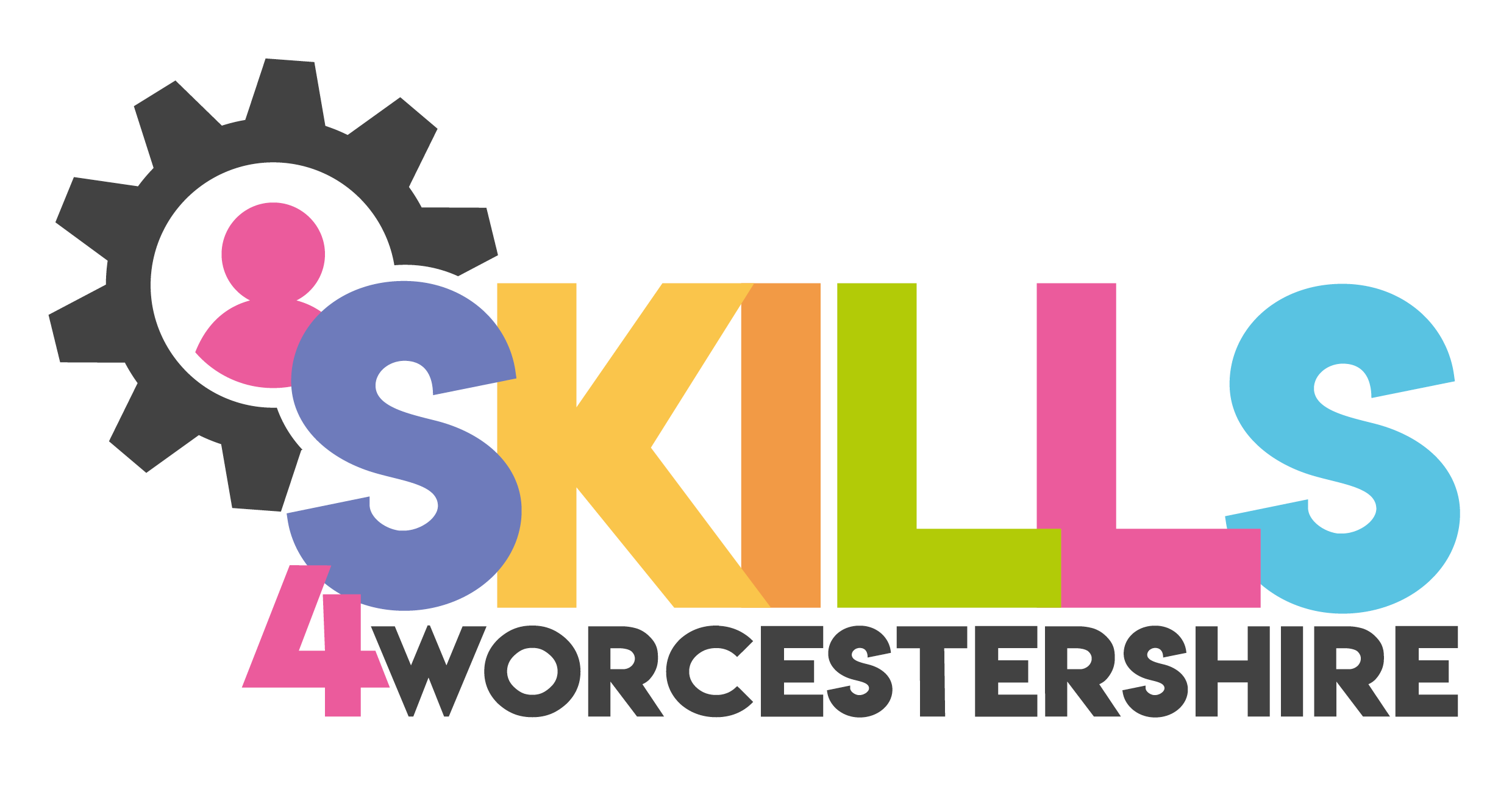
Healthcare and Social Care - Music Therapist
Healthcare and Social Care - Music Therapist
Red
Music therapists use music and sound to help improve people's emotional well-being, relieve stress and build confidence.
- Meet with clients of all ages, families and other professionals
- Assess your client's needs, plan therapy goals and prepare for sessions
- Use a variety of musical styles and instruments in client-led, group or individual therapy sessions
- Monitor progress and have regular sessions with a senior music therapist
- Write reports, make recommendations and keep confidential records
- Clean and maintain instruments and order supplies
As a Music Therapist, you could work in a therapy clinic, in a prison, in an NHS or private hospital or at a school.
Your working environment may be emotionally demanding.
Music Therapists tend to work between 37 to 39 hours a week. You could occasionally work evenings and weekends.
Starting: £33,706
Experienced: £47,672
You can get into this job through a university course or an apprenticeship. You'll need to do an approved postgraduate course in music therapy and then register with the Health and Care Professions Council (HCPC).
To get on a postgraduate course in music therapy, you'll usually need a degree in music. However, you might be accepted if you have an education or psychology degree and you have a high level of music skill. To apply for a postgraduate course, you'll need 1 or 2 years of paid or voluntary work experience in a health, education or social care setting.
You could do an Arts Therapists Level 7 Degree Apprenticeship. You'll usually need a qualification and experience in art, drama or music to apply. You'll find it useful to have volunteering experience in health, education or social care.
